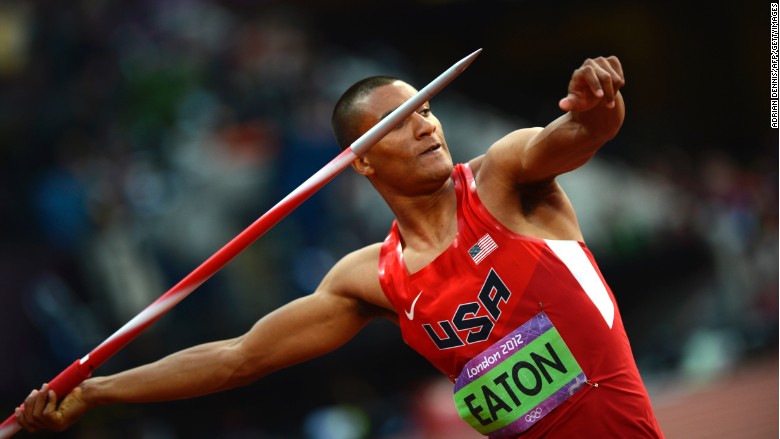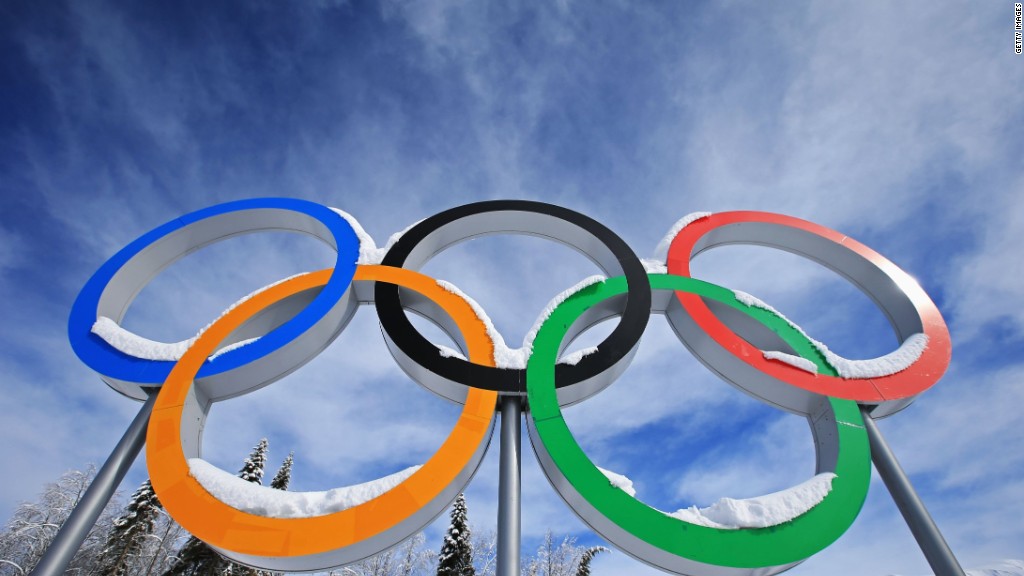
Here's a little-known fact about American Olympians: When they're not winning gold medals, they're often struggling to stay out of the poor house.
Unlike athletes in many other countries, American Olympians receive no direct support from the federal government, forcing them to cobble together an income made up of prize money, apparel contracts, grants and part-time work.
Now, the nonprofit arm of the U.S. Olympic Committee has dreamed up a novel way to support America's athletes: a gift registry for Olympic hopefuls.
Donors can choose a pair of triathlon shoes ($100), a competition volleyball ($50) or cycling helmet ($250). More practical items including a car payment ($250) or travel bag ($100) are also available. One caveat: The gifts are "symbolic," meaning you're really just making a donation.
"With the campaign, [we hope to] to bridge the gap Team USA athletes face between their average incomes and training expenses that far exceed that total," the group said in a statement.

The USOC, which has roughly $200 million in annual expenses, only offers health insurance and stipends to a limited number of Olympic hopefuls. Some high-profile athletes are able to make ends meet with apparel sponsorships or prize money. But others fall short.
"We rely on sponsors and the USOC, but don't receive nearly as much funding as our international competitors," Natalie Coughlin, a 12-time Olympic swimming medalist, told CNN.
For example, only 50% of American track and field athletes who are ranked in the top 10 in the nation in their event earn more than $15,000 a year in income from the sport, according to a 2013 survey conducted by the Track & Field Athletes Association. Most athletes ranked outside the top 10 fare much worse.
The funding problem is particularly severe in less commercially viable sports.
"It is a common misconception that just because we are Olympians and we've 'made it' -- it must have been so easy for us to get there, and we're funded by everyone," said gymnast John Orozco, a 2012 Olympian. "It's not that easy and it's not that simple."
